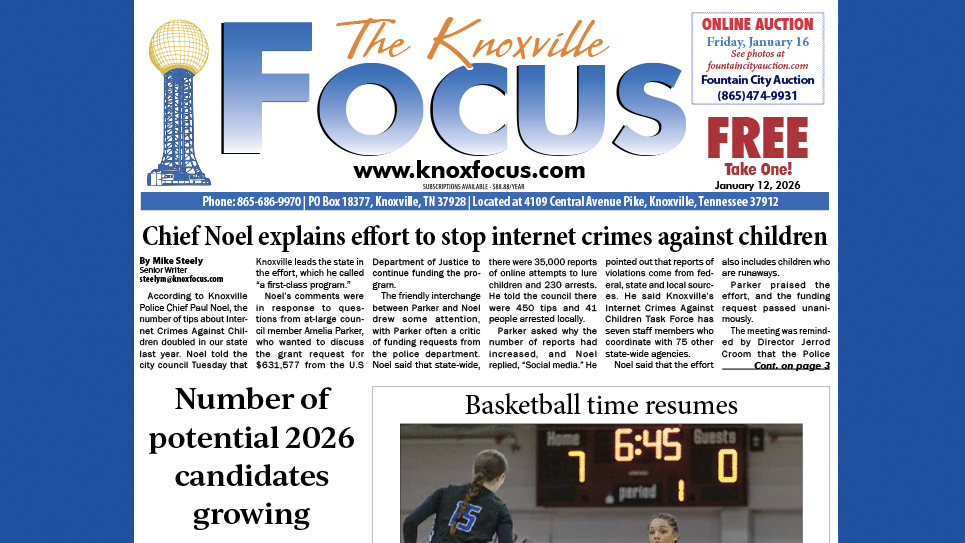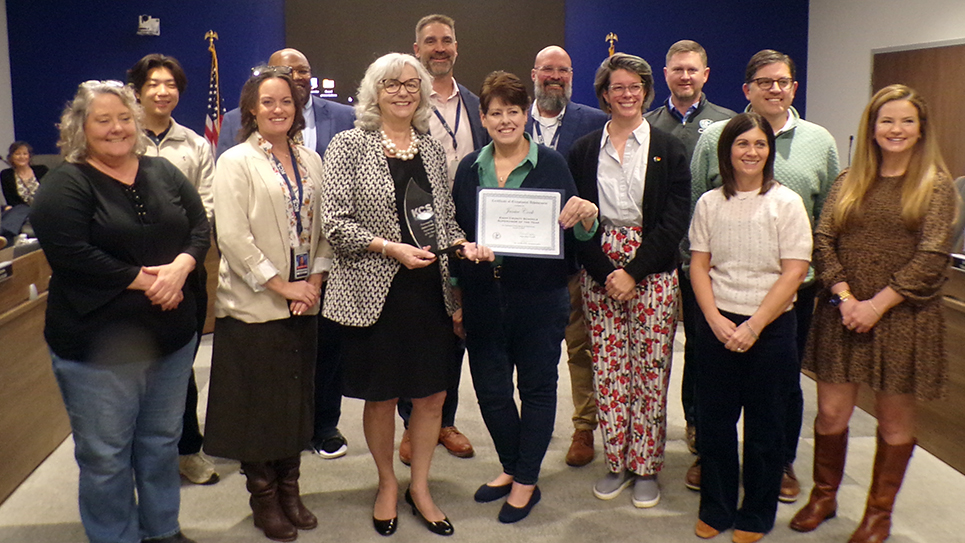The Broken College Football Playoff System
By Mark Nagi
As Americans, we take great pride in our achievements.
We sent men to the moon and brought them back safely.
We ended the Cold War.
We developed vaccines and medicines which have saved millions of lives around the world.
But we still can’t figure out a College Football Playoff system that works.
Now, the present day is certainly better than the world of college football before 1998. Back then the national champion was decided by voters. Coaches and media members each had their own polls. And if you are reading this and know nothing about college football, you still know how that turned out.
In 1998 came the birth of the Bowl Championship Series. The BCS was a system that brought forth even more controversy, as the final two teams standing were decided by a convoluted formula of computer polls and human votes.
In 2014 came the most recent iteration before this season, as a committee of “experts” picked four teams, seeded them, and had semifinals and finals decide a champion. Sometimes they got it right. Sometimes they got it wrong. They went out with a bang in 2023, denying a 13-0 ACC champion Florida State from earning a playoff spot to give Nick Saban and Alabama one last shot at a championship.
And now, we have a playoff with 12 teams beginning this year.
The top four conference champions earn byes, the next four host first-round games, and then you have quarterfinals, semifinals and the title game played in neutral site bowls because no matter what happens in college football, we must take care of the bowls … for some reason.
The College Football Playoff Committee is responsible for picking those 12 teams. That committee is made up of athletic directors from Power Four conferences, former coaches, players and retired media members.
The committee chairman is Warde Manuel, the athletics director at Michigan. Every week he gets thrown in front of television cameras and reporters to try to justify their rankings. Which is difficult because it feels like they are constantly contradicting themselves.
Strength of schedule matters. Or it doesn’t. Head-to-head games matter. Maybe not. Mutual opponents? Winning percentage? Team name with the most vowels? Who knows!
For example, why is Indiana given so much credit for being 10-0 when they have played absolutely no one? Why are Penn State and Texas so revered when the only quality opponents they’ve played beat them in their own stadiums? Why is Tennessee considered to have a bad loss on the final play against 5-5 Arkansas, while Texas gets credit for having a good win … against 5-5 Arkansas?
The committee has a thankless job. You are never going to make everyone happy. But it feels like this group is allowing personal biases to cloud fair judgment.
Manuel told reporters, in so many words, that Indiana deserves credit for a big win against Michigan. Well, the Hoosiers only won that game, which was played in Bloomington, by 5 points. Oh, and this isn’t the 2023 Michigan Wolverines who won the national title. This is the 2024 Michigan Wolverines… who are 5-5.
Did I mention that Manuel is the Michigan AD?
And that might be why we should simply go back to the BCS model. The original one that only used decimal points to decide finalists. Computers are not biased, like humans are, and won’t be swayed by pressure from coaches, fans, boosters, etc.
I’m writing this column before the games are played on November 23. Sadly, no matter what those results are, Manuel will defend the committee’s findings, no matter how illogical.






